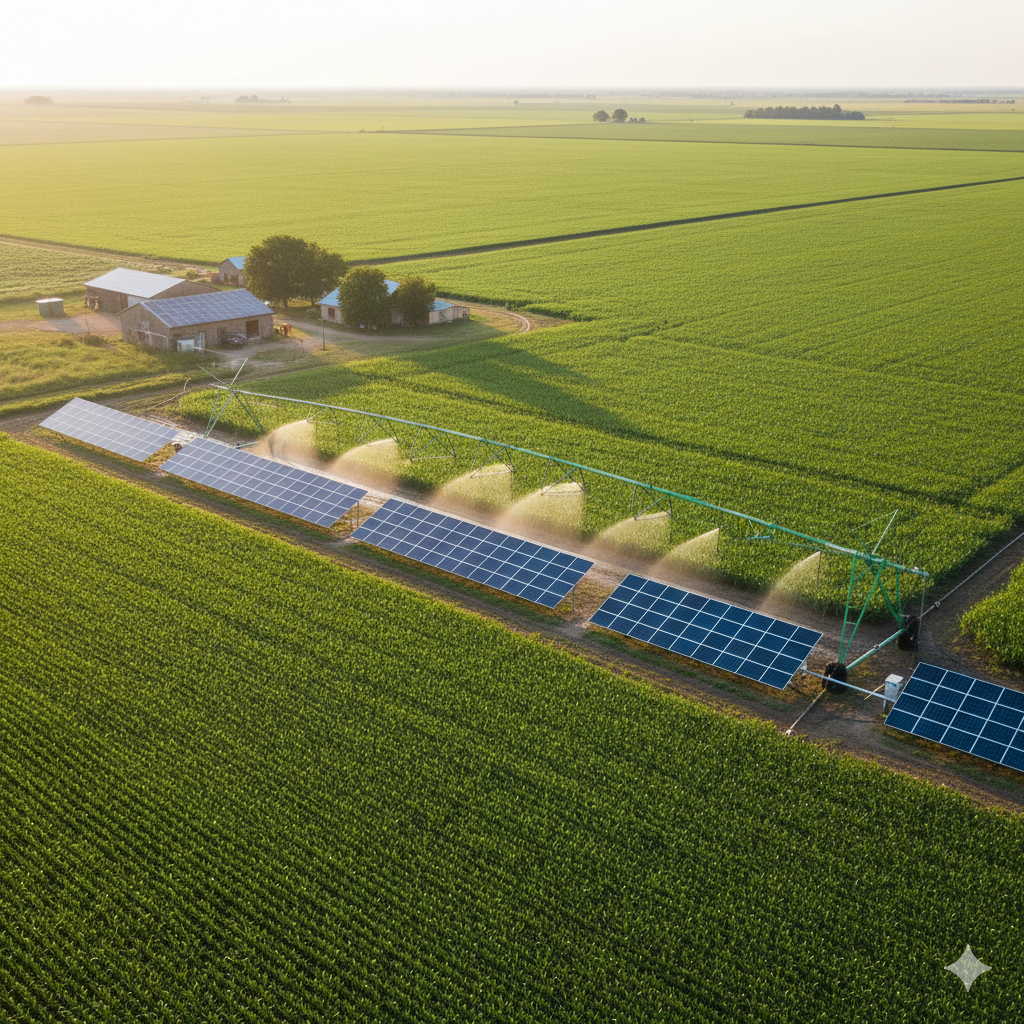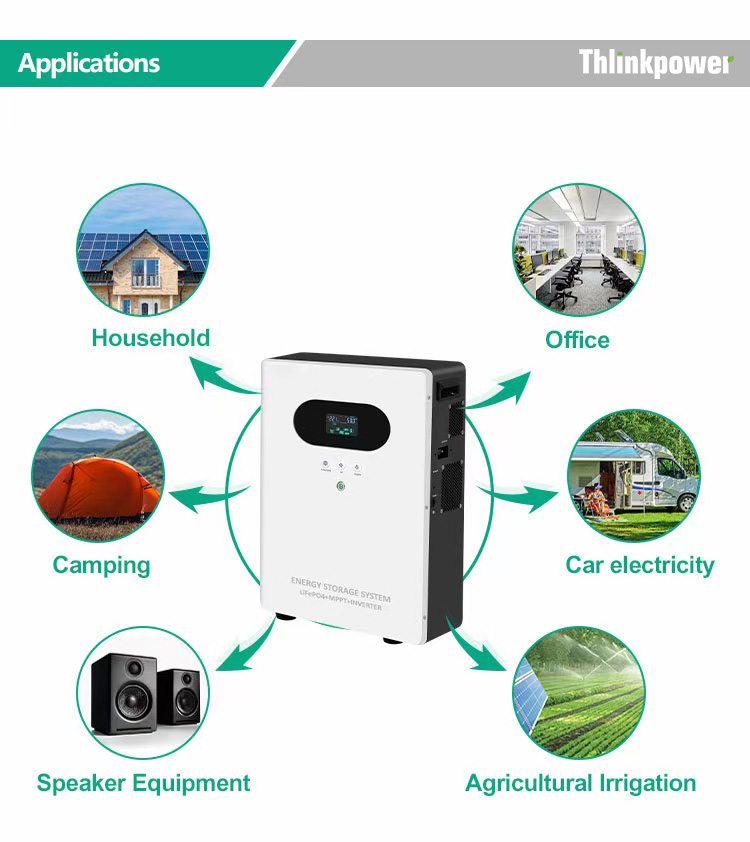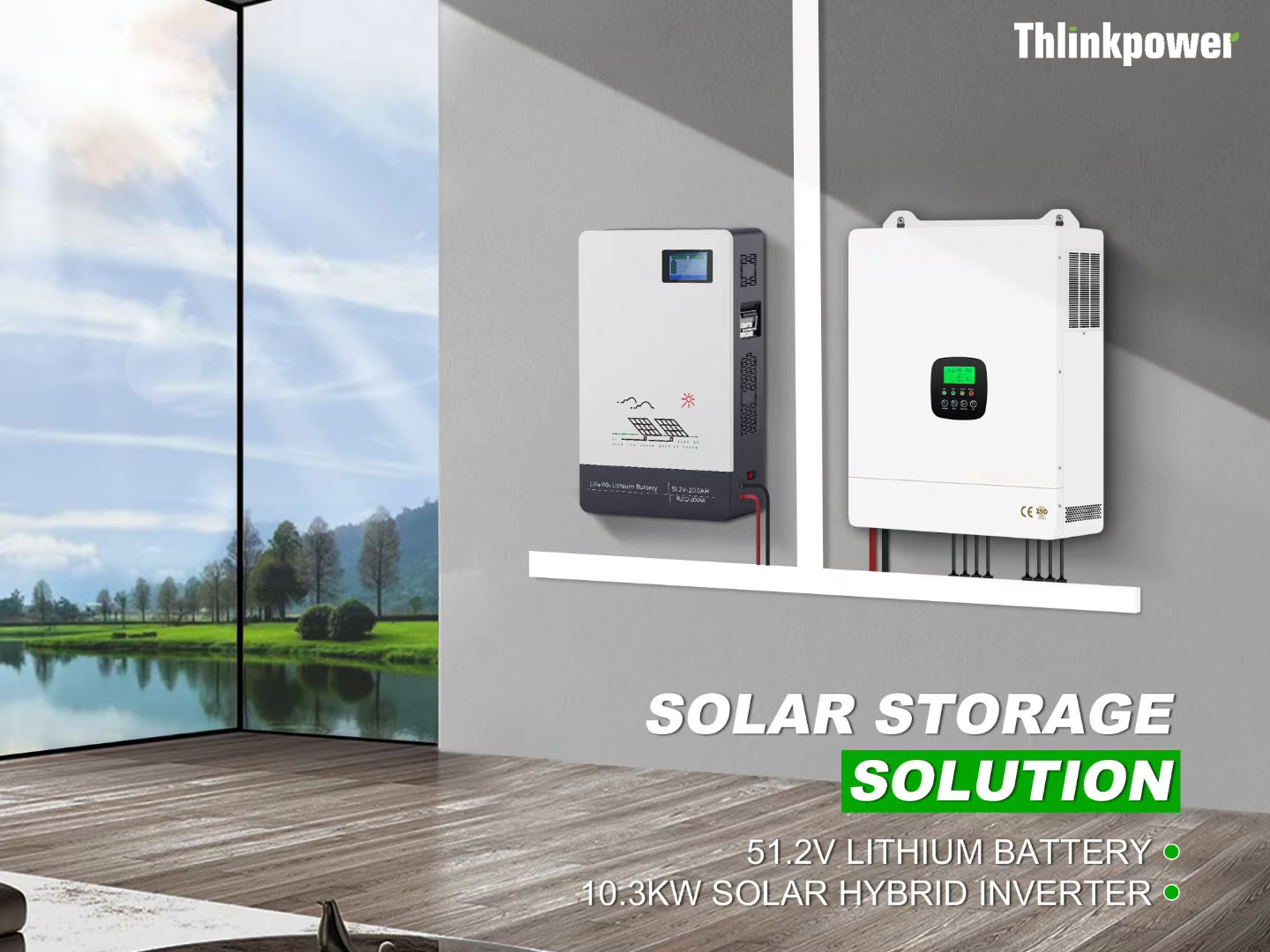
Optimizing Storage Cycles: How 12kW Hybrid Inverters Extend Battery Lifespan and Efficiency
The Battery Challenge in Modern Energy Systems
As renewable energy expands, battery systems have become the cornerstone of solar and hybrid installations. However, improper charging cycles, temperature fluctuations, and deep discharges often shorten battery lifespan — directly affecting ROI and system reliability.
A 12kW hybrid inverter addresses this issue by regulating how energy is stored, discharged, and distributed. Instead of treating batteries as passive storage, it uses smart algorithms to control current flow and maintain balanced cell conditions, protecting long-term performance even under demanding environments.
How 12kW Hybrid Inverters Optimize Storage Cycles
Unlike conventional systems that follow fixed charge patterns, hybrid inverters use dynamic cycle management to align charging behavior with real-time power data.
| Function | Purpose | Result |
|---|---|---|
| Smart Charging Control | Adjusts voltage and current flow to match battery chemistry | Prevents overcharging and overheating |
| Adaptive Discharge Logic | Releases power based on load demand | Reduces deep discharge stress |
| Temperature Compensation | Monitors thermal behavior via built-in sensors | Maintains optimal performance range |
| Battery Balancing | Equalizes cell voltage during each cycle | Extends total usable capacity |
| Communication Protocols | Syncs with BMS (Battery Management System) | Enables predictive diagnostics |
Through these mechanisms, a solar energy storage inverter ensures both electrical precision and operational safety — resulting in longer battery lifespan and higher round-trip efficiency.
Engineering Behind Battery Longevity
The core strength of a 12kW hybrid inverter lies in its power conversion intelligence.
-
High-frequency switching ensures smoother energy transitions.
-
MPPT tracking continuously adjusts to the best voltage point.
-
Bidirectional energy flow supports both charging and grid export.
These features create an ecosystem where energy is not only stored efficiently but also preserved intelligently. Tests from Energy Storage Association (ESA) indicate that systems equipped with hybrid management can extend lithium battery life by up to 35% compared to static configurations.
Comparing Traditional Systems and Hybrid Management
| Feature | Conventional Inverter System | 12kW Hybrid Inverter |
|---|---|---|
| Battery Control | Manual / Fixed | Automated via BMS |
| Efficiency | 85–90% | 95–98% |
| Thermal Protection | Basic overload relay | Smart temperature compensation |
| Data Monitoring | Limited | Real-time analytics |
| Cycle Lifespan | 3,000–4,000 cycles | Up to 6,000+ cycles |
The difference lies not only in power conversion but in energy intelligence — the ability to monitor, learn, and adapt over time.
Real-World Applications of Efficient Energy Management
12kW hybrid inverters are widely used in scenarios that demand both reliability and optimization:
-
Commercial Buildings: Maintains consistent voltage during grid instability.
-
Telecommunication Stations: Protects batteries from over-discharge during night operations.
-
Industrial Facilities: Reduces maintenance intervals through automatic cycle balancing.
-
Remote or Off-Grid Areas: Enables extended autonomy with smart storage management.
These systems prove that energy efficiency is not achieved by larger batteries but by smarter management of existing storage capacity.
Practical Guidance for System Designers
When choosing a 12kW hybrid inverter, engineering compatibility and usage environment must be carefully evaluated:
-
Match inverter’s rated voltage with your battery bank (e.g., 48V/96V systems).
-
Choose inverters with programmable charge/discharge parameters.
-
Ensure BMS compatibility with lithium, LFP, or gel-type batteries.
-
For hot climates, select models with dual cooling systems and thermal isolation.
Tip: Always install the inverter in a ventilated, low-humidity environment and perform annual firmware updates to maintain system efficiency.
Frequently Asked Questions
Q1: How does a hybrid inverter improve battery lifespan?
By managing charge cycles and voltage precision, it prevents stress from overcharge or deep discharge, reducing cell fatigue.
Q2: Can hybrid inverters support mixed battery chemistries?
Yes. Most 12kW models are compatible with both lithium and lead-acid types when configured correctly.
Q3: Is high efficiency affected when batteries age?
Slightly, but intelligent management compensates by adjusting the charge profile over time.
Q4: What maintenance is required for optimal performance?
Routine inspection of battery terminals, firmware updates, and cleaning of cooling vents are sufficient.
Power Longevity Through Smarter Control
In modern renewable systems, the true value of a 12kW hybrid inverter lies not only in its output power but in how it safeguards energy assets. Through cycle optimization, active monitoring, and intelligent charging, it transforms energy storage into a long-term investment rather than a recurring expense.
At Thlinksolar, our hybrid inverter solutions are engineered for performance, stability, and adaptability — helping energy systems achieve higher returns and sustainable growth. To learn more about our integrated inverter and storage solutions, visit our homepage or reach out via our contact page.


